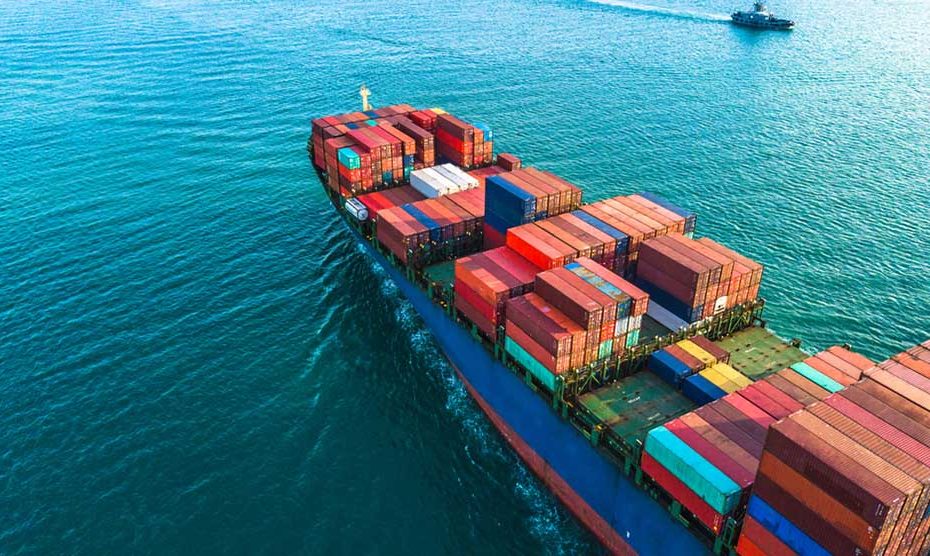
Source: Avigator Fortuner/Shutterstock.com
In the shipping industry, CIF stands for cost, insurance and freight. It’s an umbrella term used to determine accountability when moving goods overseas or from one country to the next. A lot of things can go wrong when you’re moving your freight around the world, and CIF is an easy way to make sure both the shipper and receiver understood the terms of the transaction.
Use this guide to learn how to make CIF work for you.
What Is CIF?
Almost every exporter and importer will use CIF to determine which party is responsible for the freight in question. It’s made up of more than just money. Here’s everything CIF entails:
- Importing/exporting license for the goods in question
- The cost of moving the goods from point A to B
- Specific requirements regarding the condition, origin and destination of the goods
- Insurance to protect the contents of the container
- Covering the logistics and cost of moving the containers through customs
Every CIF is different. Both parties will have to come up with an agreement that works for them. Some CIFs are only valid for part of the journey. For example, the carrier may only be liable for the goods as they make their way to a port. From there, another CIF will go into effect as the carrier hands the goods off to a freight company that then ships the goods overseas.

Source: Andrii Yalanskyi/Shutterstock.com
A company may contract with several third parties in conjunction with a CIF. In the eCommerce industry, the retailer will usually assume responsibility until the product gets to the customer. As soon as it’s delivered, it becomes the customer’s responsibility. As you can see, this eliminates any gray area if something should happen to the order. The CIF makes it clear who’s responsible for the goods at every stage of the transportation and delivery process.
Use a Pallet Container to Keep Products Organized and Secure Before Shipment
Why You Need a CIF
When shipping out an order, you need to come up with a CIF that works for you and your clients. Consider which aspects of the journey you’re willing to cover. Your customers will likely prefer you to assume responsibility if anything should happen to your goods. If your goods exchange hands several times along the way, consider drafting multiple CIFs to pass the baton from one party to the next.

Source: oNabby/Shutterstock.com
Additional Considerations
CIF is all about keeping goods safe and making sure they arrive at their destination intact. When these goods are in your possession, you need to do everything you can to keep them safe. Use these tips to improve product handling and reduce the risk of damage.
Use a pallet container when shipping your goods internationally. These containers are designed to fit onto a pallet for maximum protection and security. If you use a container that doesn’t fit, it may go over the dimensions of the pallet. Workers will have trouble moving your goods if they aren’t the right size.
Improve your storage facility with industrial wire baskets. They keep your goods visible on the shelf, so your team can quickly inspect the quality and condition of these products before they go out for delivery.
Industrial Wire Baskets Make It Easy for Employees to Quickly Grab Goods
Find gaylord boxes for sale to add another layer of protection to your shipments. Many companies will use plastic wrap to attach their goods to the pallet, but it’s usually better to put smaller containers inside a larger container to reduce wear and tear.
Always use a plastic or metal pallet instead of those made of wood. All wood containers and pallets must be inspected at customs as per ISPM-15 to prevent the spread of wood-borne pests and bacteria. Avoid sending anything through customs that could slow down your order.
If you don’t feel comfortable taking responsibility for the contents during transit, consider investing in peer-to-peer shipping as a way of lightening your load.
CIF is an important part of the shipping and warehousing business. Everyone should have a clear understanding of the terms of the agreement before signing on. Use this information to make sure every order arrives intact.
